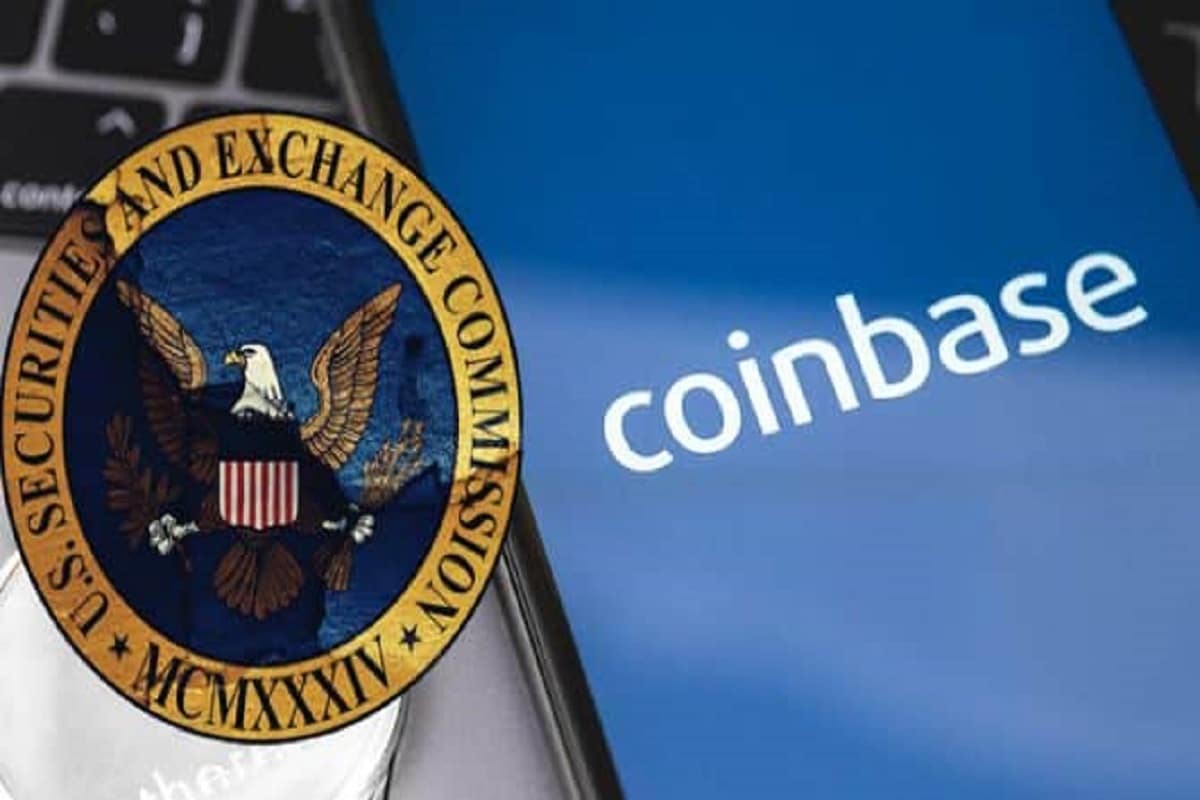Coinbase has managed to resubmit a forthright appeal to a court order that brought about a freedom of action to the Securities and Exchange Commission (SEC) for pursuing its lawsuit against the cryptocurrency exchange. The focus of this appeal is on the determination of whether digital currency transactions have to be considered contracts of investment in the regulations of the SEC, the main issue in the ongoing conversation about the suitability of Howey test for cryptocurrencies. The Howey Test is the established test that is derived from a 1946 Supreme Court case and helps to figure out if a transaction qualifies as an investment contract, which then its jurisdiction unwittingly falls with the SEC.
Coinbase’s insight would display that the existing interpretations of digital currency exchanges using the Howey Test give rise to substantial grounds for varying opinions. This is what makes it even more so complicated as we find different reactions in the legislators, regulators, and the courts. The appeal, all detailed in a 27-page document, emphasizes the essentiality of debating among members of Congress and regulatory bodies about this issue, indicating that the issue has already found a crucial confrontation that shows the application of traditional securities law to the evolving digital asset space is a challenge.
Legal aspects of the case desired actions
This is a result of a decision taken by Judge Katherine Polk Failla before she turned down Coinbase’s motion to dismiss its case with the SEC. The ruling of the court on Judge Failla’s decision portrays the intentionality of buying the token on Coinbase to invest in the digital platform operated by the token, which could be seen as being involved in the investment contract. Coinbase is defending that the SEC only can have jurisdictional rights to regulate these transactions regarding the omission of the legal contractual agreement between the token issuer and investor.
The interlocutory appeal is the rarest of the choices and is not usually encouraged by the courts as evidenced by the annulled previous case in SEC and Ripple’s trial. Nonetheless, the in-house attorneys of Coinbase argue that if they win the case it will pave the way in the court for the definition of cryptocurrencies as securities, something that has been badly needed.
For the future and the potential Impacts
Whilst the final decision of this appeal will have far-reaching consequences, it could be the factor that puts an end to how the SEC has so far been monitoring some of the crypto markets. If Judge Failla accepts the appeal, the case would pause so that the U.S. Court of Appeals for the Second Circuit could analyze and rule on this strategic legal matter. This could therefore hold the parliamentary campaign until 2025.
The case will have to go back to the trial court after the circuit court’s decision as per the new guidelines. If, however, the case earlier ended in a trial court’s decision, the case could be concluded depending on the outcome. At this juncture, the litigation process proceeds to the discovery and summary judgment phases, which might be followed by the trial by jury. On the other side, Coinbase and SEC will possibly submit a proposed case management plan, which could also bring the specific schedule and organization of the forthcoming legal proceedings under control.
The legal case between the SEC and Coinbase is clear evidence that the regulatory rules were made earlier and now they are being applied in the new technological era. It also creates conditions for the possibility of altering digital asset regulations under U.S. securities law. During the development of the case, the crypto community as well as regulatory agencies will pay maximum attention to the possible outcome, recognising the huge potential of such a development to reshape the regulatory framework for digital assets completely.
Source: This news has been directly sourced by court documents





